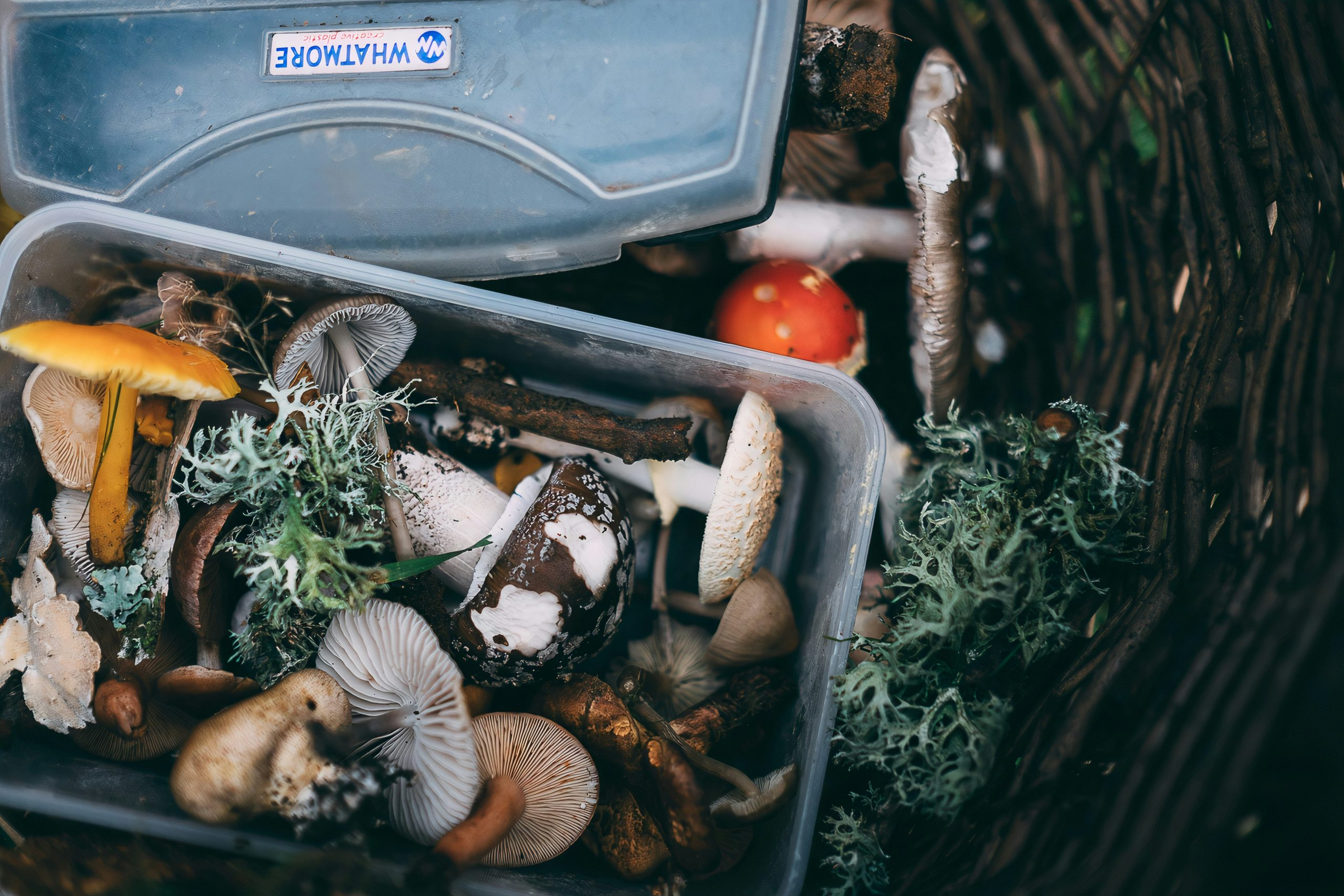Eco-Friendly Swaps to Reduce Household Waste
Reducing household waste is an essential step towards a more sustainable and eco-friendly lifestyle. With the growing concern over the impact of waste on our planet, there is a greater need for individuals to make conscious choices when it comes to waste management. Choosing eco-friendly swaps can not only help reduce the amount of waste we produce but also promote a healthier and greener environment. In this article, we will explore some easy and practical eco-friendly swaps that you can make in your household to reduce waste and make a positive impact on the environment.
The Impact of Household Waste
Before we dive into eco-friendly swaps, let’s understand the impact of household waste on our environment. Did you know that the average household in the United States produces around 4.4 pounds of waste per day? This amounts to approximately 254 million tons of waste annually, with only about a third of it being recycled or composted. The rest ends up in landfills, where it takes hundreds of years to decompose and releases harmful greenhouse gases into the atmosphere.
Moreover, with the rise in single-use plastics and excessive packaging, the amount of waste generated by households is only increasing. This waste not only affects the environment but also causes harm to wildlife and marine life. It’s high time we take small steps towards reducing our household waste and making our planet a healthier place to live.
Eco-Friendly Swaps to Reduce Household Waste
Making eco-friendly swaps in our household is easier than you think. It’s all about making small changes in our everyday habits and choices. Here are some simple yet effective swaps that can help you reduce your household waste and make a positive impact on the environment.
1. Use Reusable Bags
Plastic bags are one of the biggest contributors to household waste. To reduce the amount of plastic waste you produce, switch to using reusable bags for grocery shopping. Keep a few reusable bags in your car or near your front door so that you don’t forget them when you go shopping. You can also invest in reusable produce bags for fruits and vegetables, as well as reusable containers for bulk purchases.
2. Switch to Cloth Napkins
Instead of using paper napkins, opt for cloth napkins. They not only reduce waste but also add a touch of elegance to your dining table. Cloth napkins are also more durable and can be reused, saving you money in the long run. You can also make your own cloth napkins from old t-shirts or bed sheets that you no longer use.
3. Say No to Disposable Cutlery and Straws
Disposable cutlery and straws are a major source of waste, especially when it comes to takeout food. Instead of using plastic forks, spoons, and straws, invest in reusable ones made from materials like bamboo, wood, or stainless steel. You can keep them in your bag or car so that you always have them handy when you need them.
4. Compost Food Scraps
Food waste accounts for a significant portion of household waste. Instead of throwing away food scraps, start composting them. Composting not only reduces waste but also creates nutrient-rich soil for your garden. You can compost fruit and vegetable scraps, coffee grounds, eggshells, and more. If you don’t have a backyard, you can opt for a small indoor compost bin as well.
5. Use Reusable Water Bottles and Coffee Cups
The use of disposable water bottles and coffee cups contributes greatly to plastic waste. Invest in a good quality reusable water bottle and coffee cup. You can even find ones that keep your drinks hot or cold for extended periods. This swap not only reduces waste but also saves you money in the long run.
6. Try Homemade Cleaners
Instead of buying multiple cleaning products that come in wasteful plastic packaging, opt for homemade cleaners. You can make an all-purpose cleaner using simple ingredients like water, vinegar, and essential oils. This not only reduces waste but also eliminates the use of harmful chemicals in your household.
7. Choose Package-Free Products
The excessive use of packaging in products creates a lot of waste. Try to opt for package-free products as much as possible. You can find stores that offer package-free options for everyday products like soap, shampoo, and detergent. Alternatively, you can also make your own products using natural ingredients.
In Conclusion
Making eco-friendly swaps in our household may seem like a small step, but collectively, it can make a significant impact on the environment. By taking these simple steps towards reducing waste in our homes, we not only contribute to a healthier planet but also set an example for others to follow. Let’s make a conscious effort towards reducing our household waste and preserving the beauty of our planet for future generations.










